Chickens usually live in backyard flocks for about 6-8 years and typically lay eggs for 3-4 years. Over time, they lay fewer eggs, the eggs get smaller, and the shells aren’t as strong. Most chickens that are raised for their eggs are only kept for 2-3 years because they don’t lay as many eggs after that.
You might wonder why chickens stop laying eggs. Is it because they’re getting old? The summers may be too hot, while the winters may be too cold. Keep reading to find out why this happens and what you could do to help.
It could be frustrating when you don’t know why your chickens aren’t laying eggs. Thinking about them laying fewer eggs or stopping altogether can make you worry.
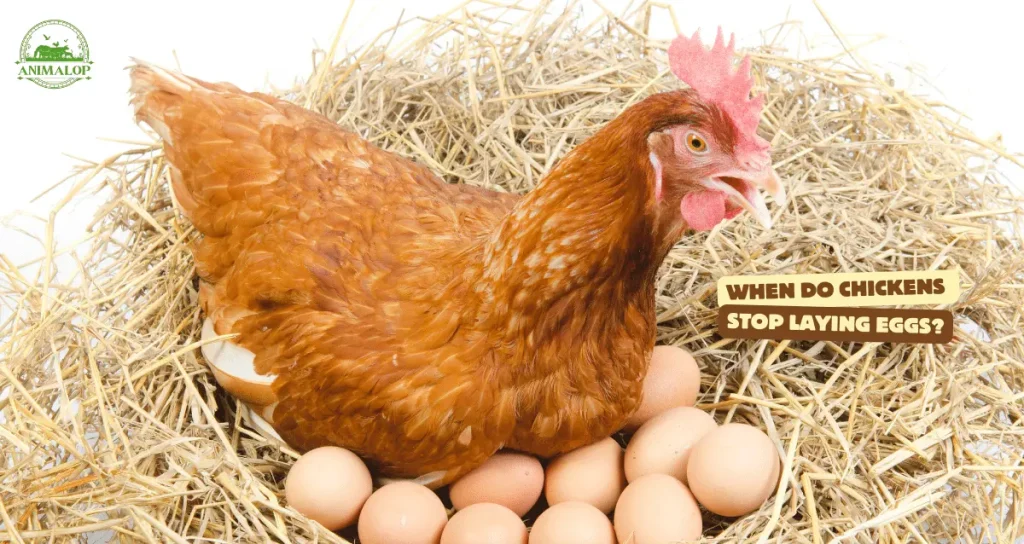
But understanding the reasons why chickens stop laying eggs, including what’s normal and what’s a problem, can make things less stressful.
Why Do Chickens Stop Laying Eggs: Quick Facts
Why We Raise Egg-Laying Chickens
We like keeping chickens in our backyard for eggs and meat to help save money on food and feed our family all year.
Eating free-range meat, making healthy bone broth, and having fresh eggs are good for us. Besides keeping the chickens healthy and making better compost, we also use the chickens to help the land.
This helps our soil, which is great for our big vegetable garden and the smaller garden where I grow healing herbs.
Chickens lay eggs in their own natural cycle, so we respect that and save eggs when we get a lot. It’s useful to know different ways to keep eggs good for a long time, like water-glassing or freeze-drying them.
Thanks to these methods, we always have enough eggs for our family when the chickens lay fewer eggs, letting them take a natural break each year.
When Do Chickens Begin To Lay Eggs
Chickens start to lay eggs when they’re about 18 weeks old. In the beginning, they don’t lay many eggs and the eggs are small.
But as the chicken grows, it will lay more eggs and the eggs will get bigger too. Depending on the chicken breed and its health, you might get 3 to 5 eggs a week.
Best Egg Laying Breeds To Add To Your Backyard Flock
Egg-laying chicken breeds are usually smaller than the ones raised for meat. It’s not the most sensible idea to raise them for both. After they stop laying eggs and you decide to use them for meat, there won’t be much meat on them.
From what we’ve seen, Australorp, Leghorn, and Novogen Brown chickens (which are our favorites) are very strong and healthy. They hardly ever get sick and lay the eggs on our farm. Usually, a happy and healthy chicken that lays eggs will give you about 300 eggs a year.
It’s a good idea to ask around where you live to find out which chicken breed does well in your area.
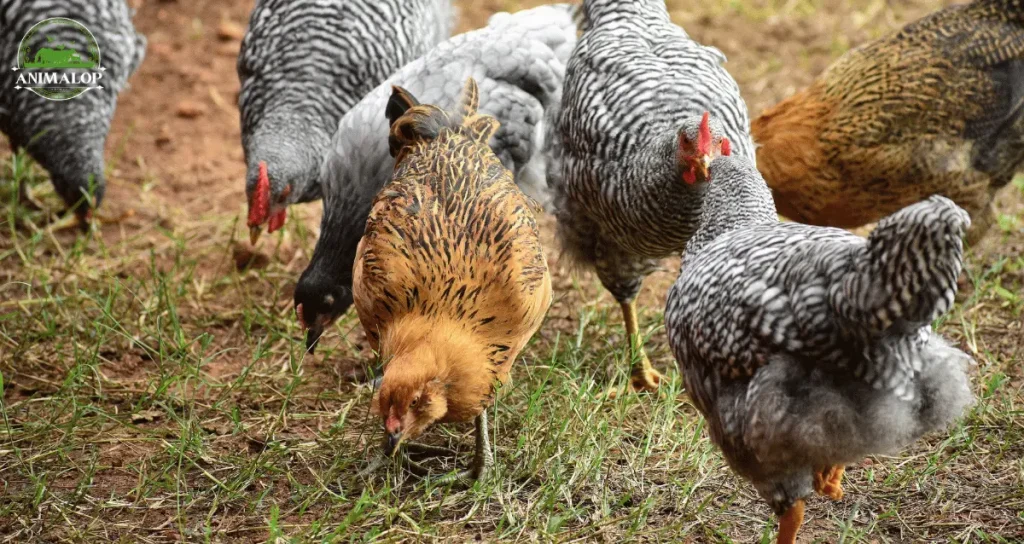
Get to know about bumblefoot in chicken and its treatment.
Why Do Chickens Stop Laying Eggs
There are a few reasons why chickens might stop laying eggs. Keeping chickens healthy is important for getting eggs all year.
Age
When chickens get older, they stop laying eggs. They usually lay eggs well for 2-5 years, with the most eggs in the first two years.
Brooding
Sometimes a chicken wants to hatch eggs and will sit on them. If you don’t want chicks, you need to get her back to laying eggs quickly.
Molting
Every year, chickens grow new feathers, usually when it gets darker earlier. This can make them stop laying eggs for a bit. Changing their food to have more protein can help during this time.
Light
It’s not really the cold that affects egg laying in fall and winter, but the shorter days. Where we live, the daylight changes a lot from summer to winter.
We don’t add extra light to our coop because we like to let the chickens have a natural break. Instead, we save up eggs when they’re laying a lot.
Nutrition
What chickens eat is super important for laying eggs. We give our chickens a special kind of food that’s better for them and saves money. It’s important to give them the right food with enough protein at different times in their lives.
Water
Chickens need a lot of clean water, even in winter. There are water systems that keep the water from freezing.
Stress
Keeping chickens from getting stressed is key. Having fewer roosters, keeping the coop at a good temperature, being careful when adding new chickens, giving enough space for laying eggs, and keeping the place clean can all help.
Illness
Sick chickens might stop laying eggs. It’s best to find out what’s wrong and fix it fast so they don’t get the others sick. Chicken diarrhea can also be the cause.
FAQs
Final Thoughts
My older hen doesn’t lay as many eggs as she used to, and that’s okay. It’s normal for chickens to slow down as they get older. Health and happiness are what matter most.
From the right food to a clean coop, taking good care of them means we still get eggs and they live good lives. Plus, we learn a lot from keeping them.

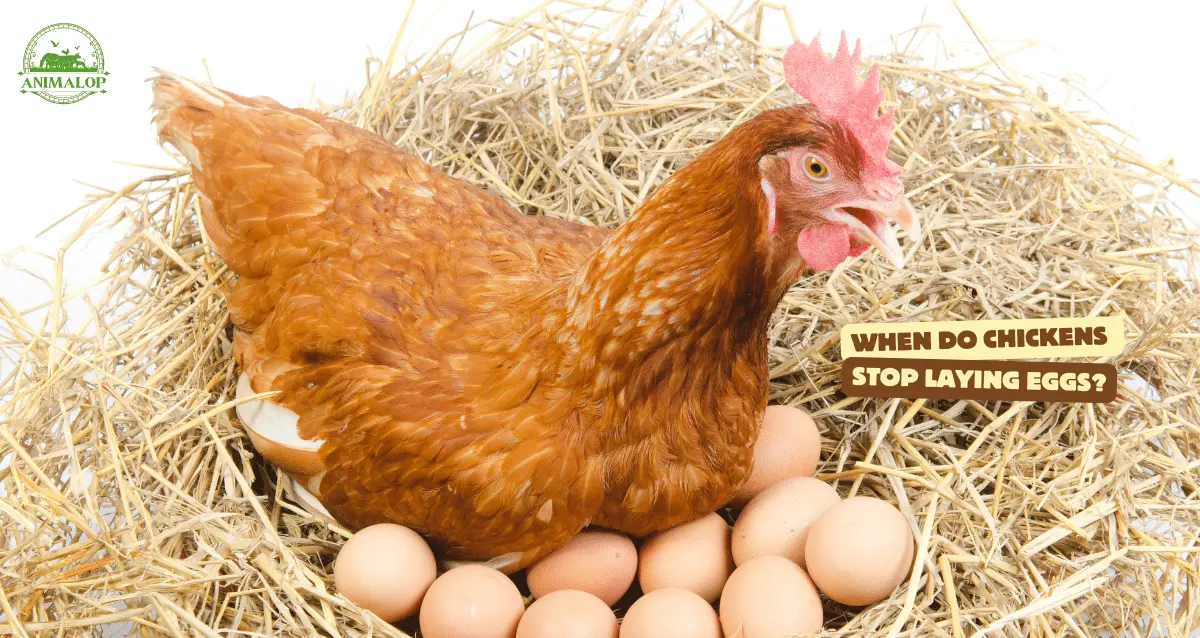
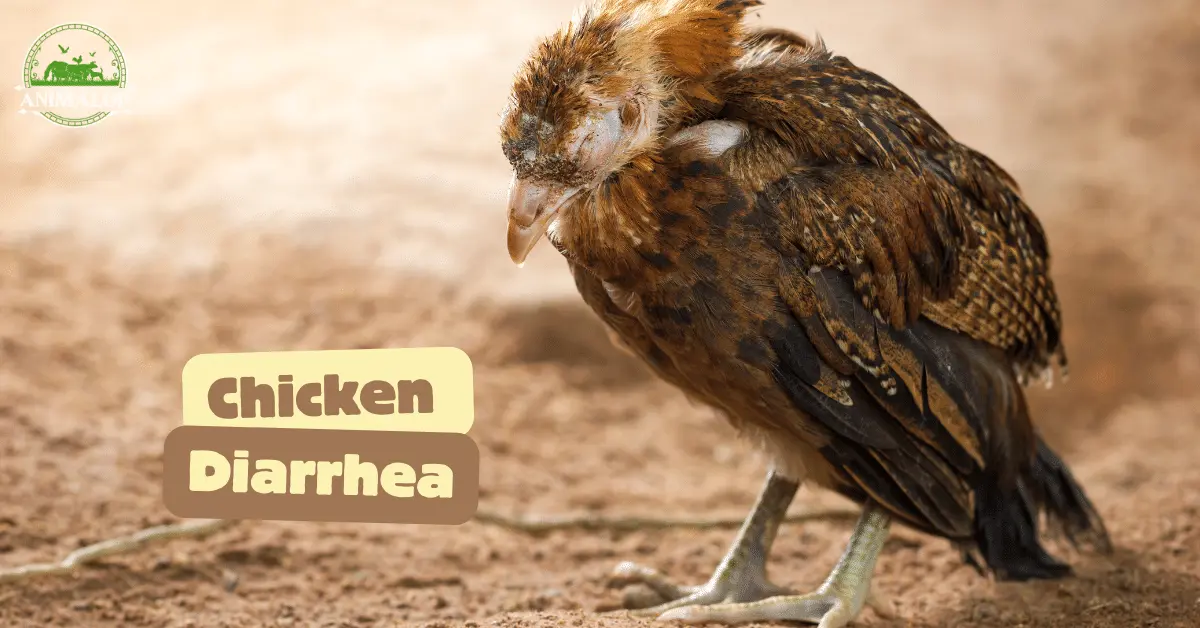
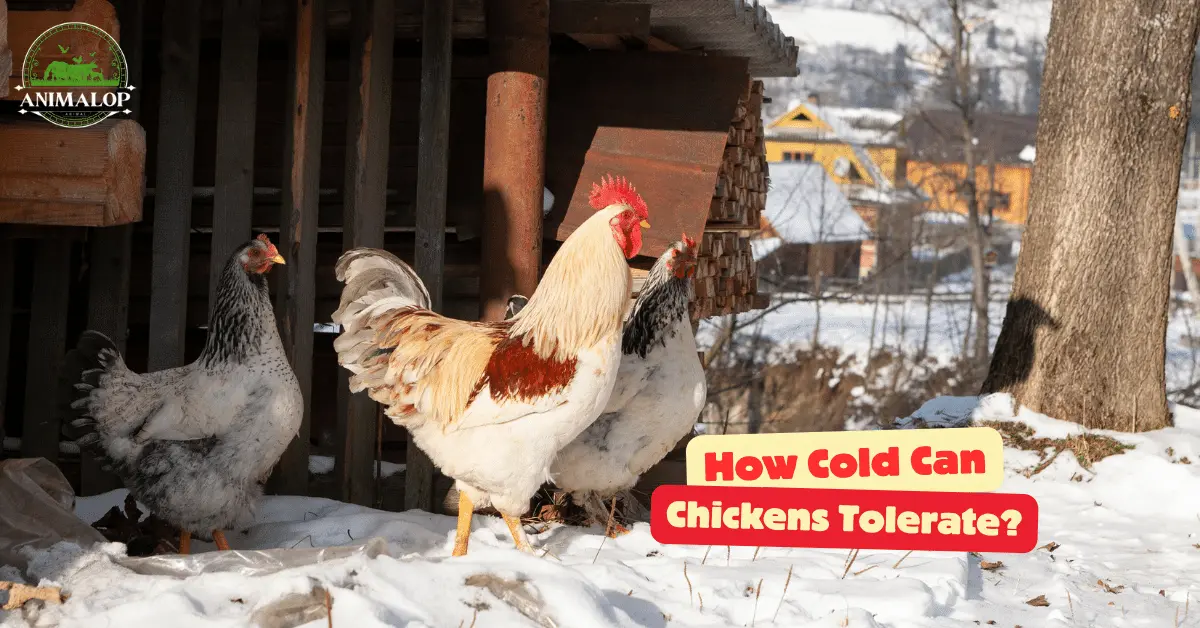
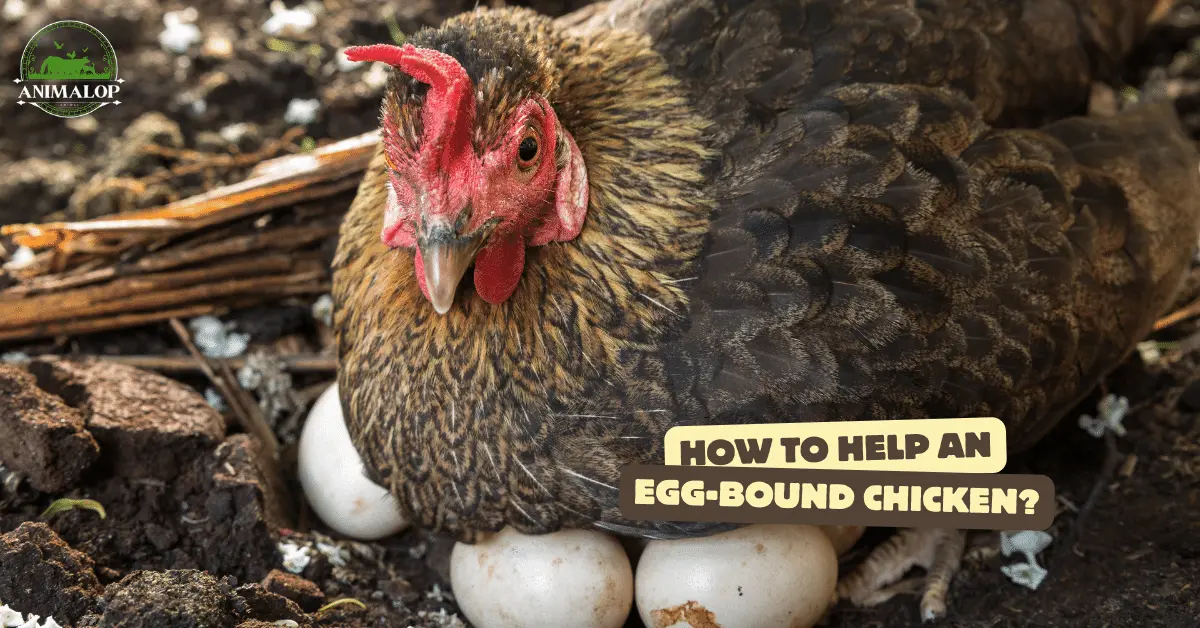
One Comment on “When Do Chickens Stop Laying Eggs?”